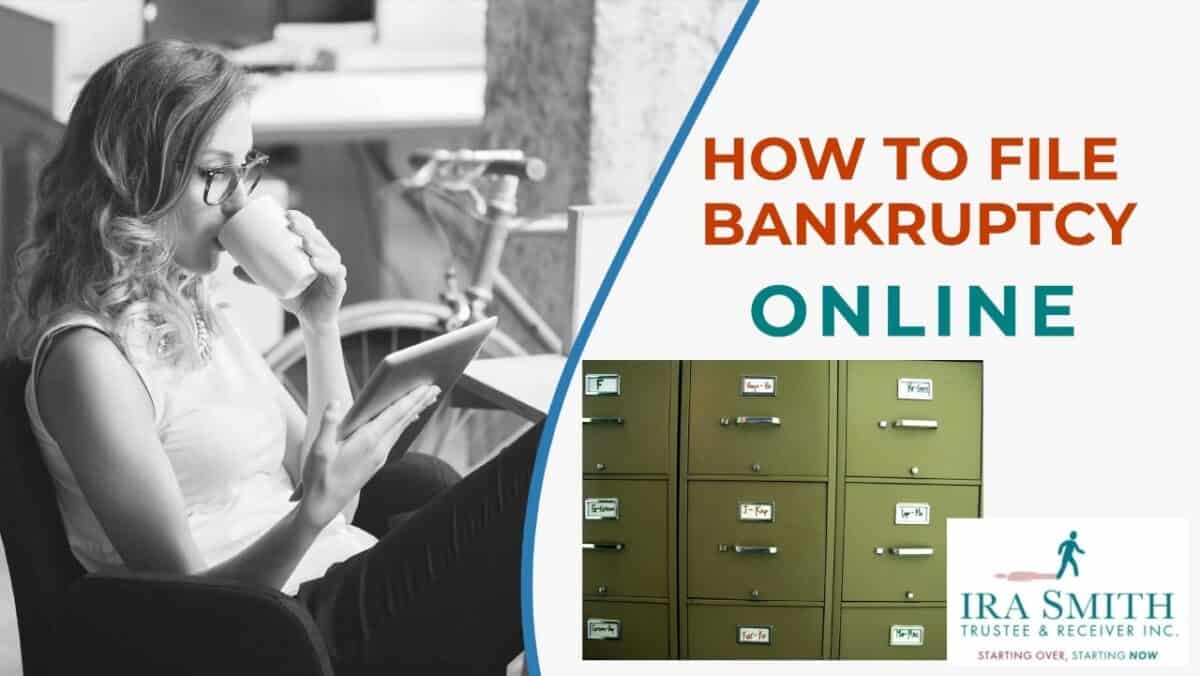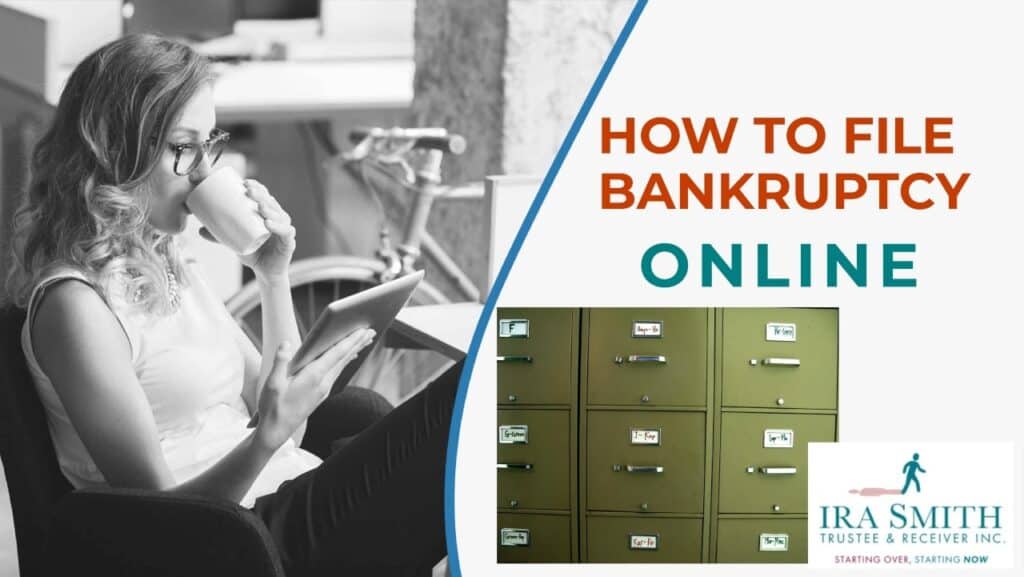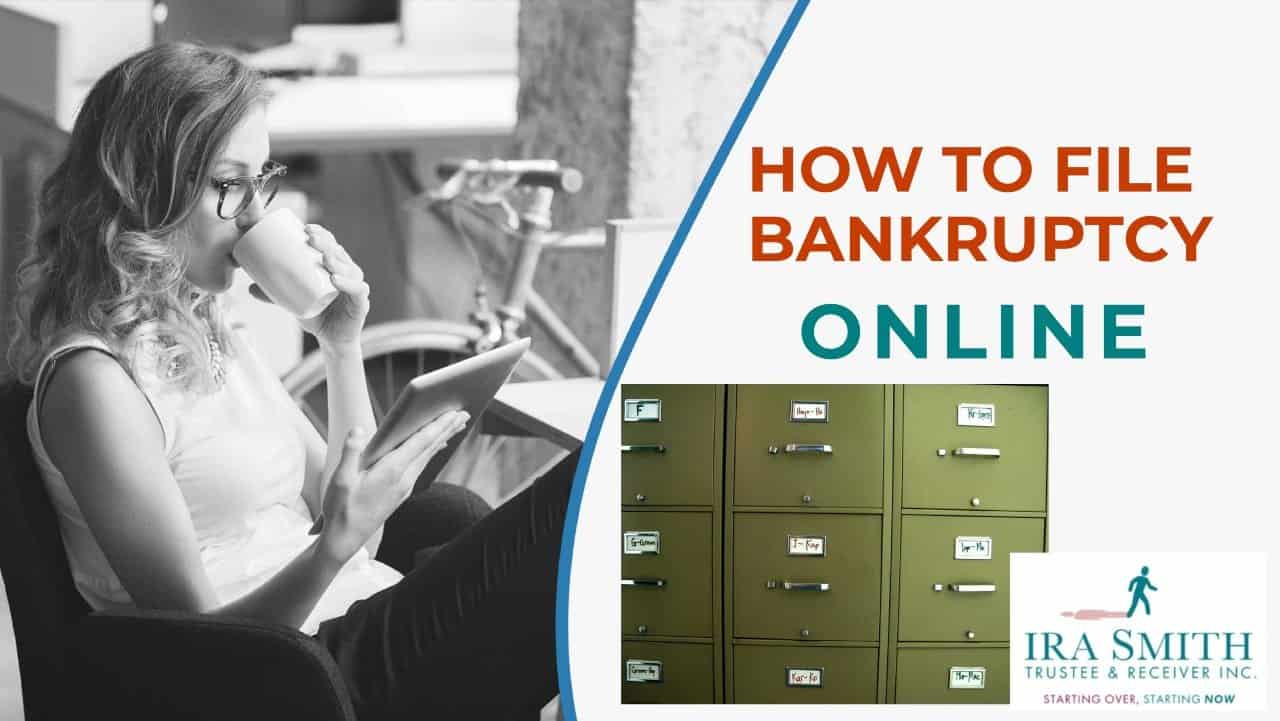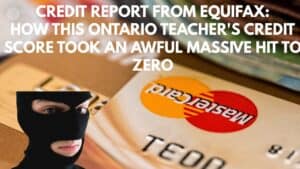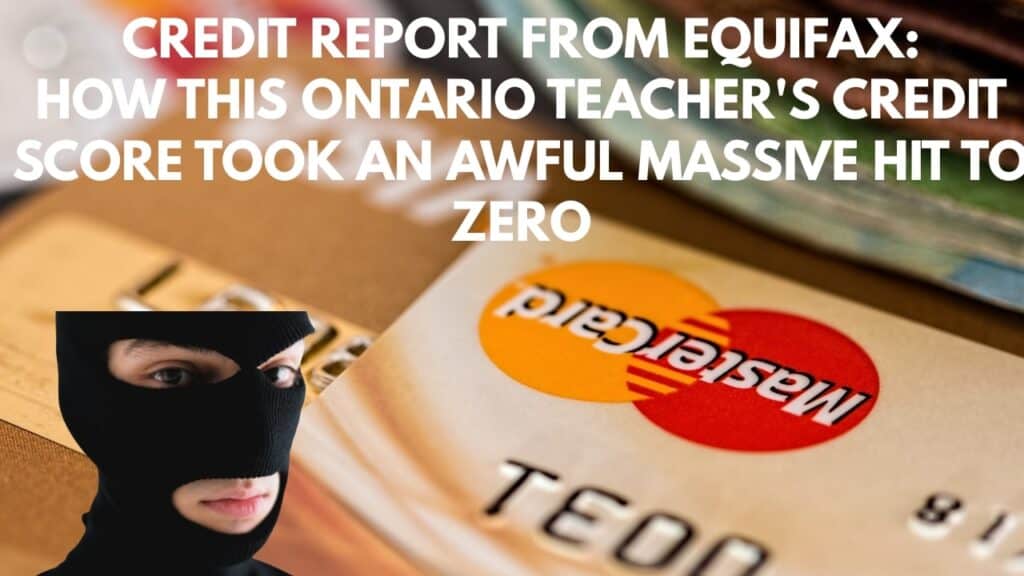Debt consolidation loans in Canada
Debt consolidation loans in Canada can be an excellent means to conserve money and get your funds in order. By combining several financial obligations into an affordable single loan, you can frequently get a lower rate of interest and also reduced month-to-month payments. This can assist you to get out of debt quicker as well as save cash over time.
Prior to getting debt consolidation loans in Canada, it is very important to understand the terms of the financing and also to make sure you can afford the monthly payments. It’s also a good idea to look around and compare rates of interest and also loan terms from various financial institutions.
In this Brandon’s Blog, I discuss the concept of debt consolidation loans in Canada and a sort of new potential lender offering personal loans in Canada. I will also share another debt settlement and debt consolidation option that may be beneficial for people and companies who want to repair their financial situation.
Advantages as well as downsides of consolidation loans in Canada
Upsides
Debt consolidation loans in Canada can offer many benefits over making regular monthly payments on many different loans and debts with different interest rates. Interest rates on some debts, like credit card debt, can be categorized as high-interest debts, making it difficult to make a dent in the balance owing. if all you ever do is make the monthly minimum payment.
Consolidation loans supply a number of advantages, such as:
Reduced interest rates – Lenders normally give consumers reduced rates of interest on individual personal loans allowing them to repay their high-interest-rate credit card debt. Consolidation loans in Canada can be an excellent method to obtain a lower rate of interest and come to be debt-free quicker.
Reduce your monthly payments – Banks and credit unions usually offer debt consolidation loans in Canada with terms of up to 5 years. This, along with the lower interest rate, can help you save a lot of money in the long run and give you a lower monthly payment than the sum of the monthly payments required under your many debts.
A single payment instead of multiple payments – One of the best things about debt consolidation loans in Canada is that you only have to make one monthly payment. This makes it much easier to budget and stick to your plan. Instead of having to remember to pay six different bills each month, you only have to worry about one.
Potentially improved credit scores – Your credit report is a number that banks make use of to determine your creditworthiness. A high credit rating suggests you are a low-risk borrower, which is excellent. A bad credit rating indicates you are high-risk, which is bad.
By obtaining a debt consolidation loan, making on-time payments and paying it off on time without a payment schedule default or late payments, you are restoring your bad credit score in 2 ways. First, you have revealed that you had the ability to fully settle all of your other financial debts. Second, you are repairing your credit score by making the consolidation loan payments on time. It is not instant, yet in time, paying off debt consolidation loans in Canada will certainly improve your credit rating. Over time, you will see your credit score and credit report improve.
Downsides
There are a few downsides to debt consolidation loans in Canada, including:
Debt consolidation loans in Canada are often referred to as “easy money.” But they aren’t always easy. Even though many consumers think they qualify for a loan based solely on their disposable income, there are certain circumstances where Canadian banks will not see your monthly income in as good a light as you do. You will need collateral such as real estate, cars, boats, etc.
If you do not have these things, you may be at a disadvantage. Most banks will not lend money to someone with a low credit score unless they have some form of security, such as a car or house with enough equity. This makes sense because the lender knows that it is a debt consolidation loan you are applying for and by definition, you cannot pay off your credit card balances without their loan. They will want to protect themselves against the chance you may default on the loan.
When choosing a bank, you’ll want to compare fees, interest rates and prepayment penalties to ensure you’re getting the best deal. Keep in mind that the lowest fees don’t always mean the best overall value, so be sure to compare all aspects of the loan before making a decision. You might even consider getting one of the types of secured loans by raising money against your home through a home equity line of credit or a second mortgage. So compare your offers of secured loans and unsecured debt consolidation loans in Canada very carefully to consider all factors in deciding which is best for you.
WARNING: Stay away from private lenders, payday lenders and most alternative lenders who may provide loans just as expensive as payday loans. Their fees and high-interest loans will never be in your favour.
Consolidation loans in Canada: Can you consolidate student loan debt?
Students and recent graduates who find themselves buried under student loan debt often look for help. They want to consolidate their debts into one manageable monthly payment, but this can be difficult to obtain because there are few debt consolidation loans specifically designed for them.
Many recent graduates lack the credit history or income to qualify for a consolidation loan. They also generally do not have any free assets to qualify for a single secured debt consolidation loan to pay out over a longer period of time at a lower interest rate.
Unsecured loans to young people with a little credit history will be more expensive than one to an individual with a long-established credit history. That assumes that they can even qualify for this type of loan.
For these reasons, other than perhaps for a recent graduate from either medicine or dentistry who perhaps can roll their student debt into a professional loan, it will be very difficult to get consolidation loans in Canada to consolidate student debt.
Consolidation loans in Canada: Can going postal help you reach your financial goals?
Here is a potential new source for debt consolidation loans in Canada. Although it was not set up specifically for consolidation loans, there is no reason why you cannot use the money for that purpose if you are approved.
There is a new loan program offered by Canada Post which is designed to help people who are struggling financially, especially in rural areas where access to banking institutions is limited. It is called the Canada Post MyMoney™ Loan product. The idea is that you get a loan that’s based on how much you can afford to pay back, what you need the money for, and how likely you are to repay it.
The initiative is part of Canada Post’s commitment to helping Canadians manage their finances better. Their goal is to provide easy access to financial services and products that can help people save time and money.
To have your loan application considered, you have to be either a Canadian citizen or a Permanent Resident. You must be no younger than 18 years of age and you need to have annual earnings of a minimum of $1,000. Additionally, you need to not have been bankrupt within the 2 years before applying for the loan or had any of your financial debts handed off to a collection agency within the year before applying. They will of course also do a credit check on you.

In order to receive your loan proceeds, you must have a chequing or interest-bearing account with a Canadian financial institution in your own name. Borrowers of MyMoney™ loans are not required to offer any security against assets, in contrast to secured loans from banks and credit unions. Instead, applicants need only provide proof of identity, employment history and income. Both variable and fixed-rate installment loans are offered. The actual lender is TD Bank.
Consolidation loans in Canada: Other financial debt loan consolidation choices
You may not want to take on more debt to pay off your current debt. I don’t blame you and I get it. Or you may have been denied a debt consolidation loan. Here are some other options for consolidating your debt:
Balance Transfer Credit Cards
A balance transfer is simply when you move the balance of one credit card over to another credit card. For example, if you have a balance of $5,000 on your Mastercard, you can transfer that balance to a new Visa account that offers you 0% interest for 1 year on all balance transfers.
When you switch, you won’t have to pay interest charges for 12 months. After that, you’ll need to pay off the balance in full or start making payments on the balance transferred. Of course, you’ll still accrue interest after the interest-free period on the remaining balance.
Consolidation loans in Canada: Credit counselling
Credit counselling is a service that helps individuals to manage their finances and improve their financial situation. It can be done with a range of techniques, including budgeting, negotiating with creditors, setting up a plan to repay debt and monitoring actual behaviour vs. the plan.
Credit counselling can be an excellent way for individuals to take control of their financial obligations. It can help them create a plan to settle their debt, and provide them with the tools and knowledge they need to maintain financial literacy in the future.
There are many different credit counselling services available to choose from. You should select a community-based service to avoid being charged any fees. Be sure to stay away from any counselling service that charges fees, as this will only add to your expenses when trying to reduce debt.
Consolidation loans in Canada: Debt help is available with a financial restructuring program
Financial restructuring is a complicated and difficult procedure, however, it likewise provides individuals as well as businesses with a new beginning and a brand-new lease on life. Selecting to reorganize your finances with the help of a licensed insolvency trustee will certainly have temporary challenges, but can ultimately provide you with financial relief and a fresh start.
If you are considering financial restructuring, we urge you to consult with a licensed insolvency trustee to discuss your options. We can help you understand all of your options and work with you to develop a plan that is in your best interests.
Trustees are experienced in all aspects of financial restructuring and can supply you with the information and assistance you require to make the very best decision for your situation.
The most well-known financial restructuring tool for individuals is the consumer proposal. For mid-size companies and individuals with larger debt, it is a Division I proposal. For companies with debts greater than $5 million, restructuring is accomplished through the use of the Companies’ Creditors Arrangement Act.
Here is the best part. You should consider financial restructuring as getting an interest-free loan to pay off all your debts for a fraction of what you owe. I am qualified and experienced in all forms of financial restructuring, can explain this concept to you and am always available to answer any of your questions.
Consolidation loans in Canada: Before making a decision on your financial life needs – Call me
I hope that you found this consolidation loans in Canada Brandon’s Blog informative. If you’re sick and tired of carrying the burden of debt and ready to live a much better life, we can assist. We know exactly how it really feels to be in debt as well as feel like you’re never going to get ahead. We have actually helped lots of people and businesses that were in your position reach financial stability, so we understand it’s feasible for you to prosper in your objective of ending up being debt-free. Nevertheless, it will certainly require some work on your part. We’ll be right here to assist you with every action necessary.
The financial restructuring process is complex. The Ira Smith Team understands how to do a complex restructuring. However, more importantly, we understand the needs of the entrepreneur or the person who has too many personal unsecured debts, Credit card debt, income tax debt liability, unsecured loans or personal obligations from the running of your company or from being a business owner. These are all types of debt we can help you eliminate. We are aware of your financial difficulties and understand your concerns. Filing bankruptcy is the last option we explore only after we have exhausted all other options to avoid bankruptcy, such as financial restructuring through a debt repayment plan.
It is not your fault that you are in this situation. You have been only shown the old ways that do not work anymore. The Ira Smith Team uses new modern ways to give you the best management advice to get you out of your outstanding debt troubles while avoiding bankruptcy. We can get you debt relief freedom.
The stress placed upon you is huge. We understand your pain points. We are sympathetic to the financial difficulties you are experiencing and would like to help alleviate your concerns. We want to lighten your load by coming up with a debt settlement plan crafted just for you.
We realize that people and businesses in financial difficulty need practical advice and a workable solution in an easy-to-understand financial plan. The Ira Smith Team knows that not everyone has to file for bankruptcy in Canada. Most of our clients never do, as we are familiar with alternatives to bankruptcy. We assist many people in finding the relief they need.
Call or email us. We would be happy to give you a no-cost initial consultation. We can find you the perfect solution to tailor a new debt restructuring procedure specifically for you, based on your unique economic situation and needs. We provide a full range of services to people and companies. If any of this sounds familiar to you and you’re serious about finding a solution, let us know. We will get you back to living a happy life, whether or not there is an economic recession in Canada.
Call us now for a no-cost initial consultation. We are licensed professionals.


